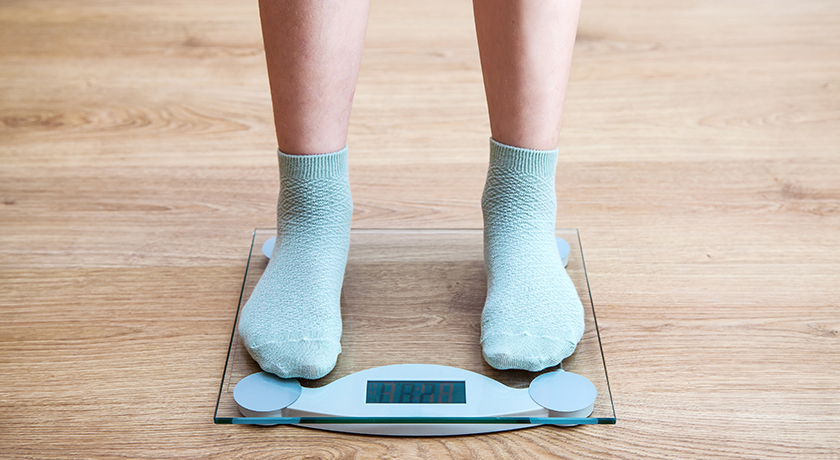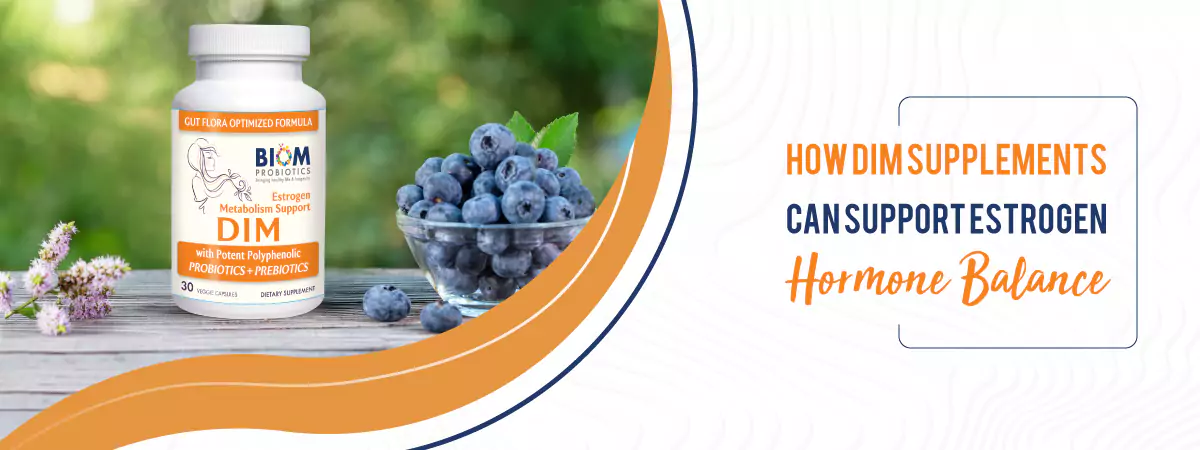When people talk about hormones and weight, they often focus on the levels of hormones themselves estrogen, cortisol, thyroid hormones, and more. But there’s another piece of the puzzle that rarely gets attention: Hormone metabolites.
These are the byproducts your body creates after breaking down hormones. And they can influence everything from how much fat you store to how easily you gain or lose weight.
Even if your hormone levels appear “normal,” imbalances in how your body processes those hormones can still lead to weight changes, stubborn belly fat, fatigue, and other frustrating symptoms.
What Are Hormone Metabolites?
Every hormone goes through a life cycle. After it’s produced and used, your body breaks it down into metabolites. These metabolites must be processed and eliminated in a healthy way.
If that process is slow or disrupted often due to stress, poor gut health, or sluggish detox pathways the metabolites can build up. And that’s when problems begin.
Some metabolites are neutral or beneficial, while others can be inflammatory, estrogenic, or fat-promoting.
So the issue isn’t only how much hormone you have…but also what form it turns into inside your body.
How Hormone Metabolites Affect Weight Gain
1. They Influence Fat Storage
Certain estrogen metabolites signal the body to store more fat, especially around the hips, thighs, and belly. When these metabolites dominate, weight loss feels harder even with a healthy diet.
2. They Affect Appetite and Cravings
Hormone breakdown products can interfere with insulin sensitivity and hunger hormones, causing sugar cravings and irregular appetite patterns.
3. They Impact Energy and Metabolism
Unbalanced hormone metabolites can slow metabolic rate, making you feel tired, foggy, and less motivated to move which creates a cycle of weight gain.
4. They Increase Inflammation
Some metabolites trigger inflammation, which can encourage fat storage and make the body resistant to fat loss.
5. They Can Disrupt Gut Health
Your gut helps process and eliminate hormone metabolites. When the gut microbiome is imbalanced, metabolites recirculate rather than exit a cycle linked to bloating and weight gain.
Why Poor Metabolism of Estrogen Is a Common Issue
Estrogen metabolism is especially important because it produces three main types of metabolites. Some are protective and helpful… while others can cause symptoms like:
- Water retention
- Weight gain around the midsection
- Mood swings
- Breast tenderness
- Fatigue
The key is not eliminating estrogen your body needs it but helping your body break it down into the healthy, protective metabolites rather than the problematic ones.
What You Can Do to Support Healthy Hormone Metabolism
The good news? A few targeted steps can make a big difference.
1. Support the Gut Microbiome
Your gut plays a major role in eliminating metabolites. Support it with prebiotics, probiotics, and fiber-rich foods.
2. Eat Cruciferous Vegetables
Broccoli, kale, Brussels sprouts, and cabbage naturally support the pathways that break down estrogen into healthier metabolites.
3. Manage Stress
High cortisol (your stress hormone) disrupts hormone metabolism and encourages fat storage.
4. Hydrate and Move Daily
Movement and hydration help your body clear metabolites efficiently.
5. Consider Natural Support for Hormone Breakdown
Certain nutrients like DIM, dong quai, and piperine can help your body produce healthier estrogen metabolites and eliminate the ones linked to stubborn weight gain.
A Natural Option to Support Healthy Hormone Metabolism
If you’re looking for a gentle way to support how your body processes hormone metabolites especially those linked to stubborn weight changes you may want to explore a supplement that focuses on hormone balance and gut health together.
One option designed with this in mind is Biom DIM. This blend is formulated to help your body favor the healthier estrogen pathways while supporting digestion, detoxification, and overall metabolic wellness.





